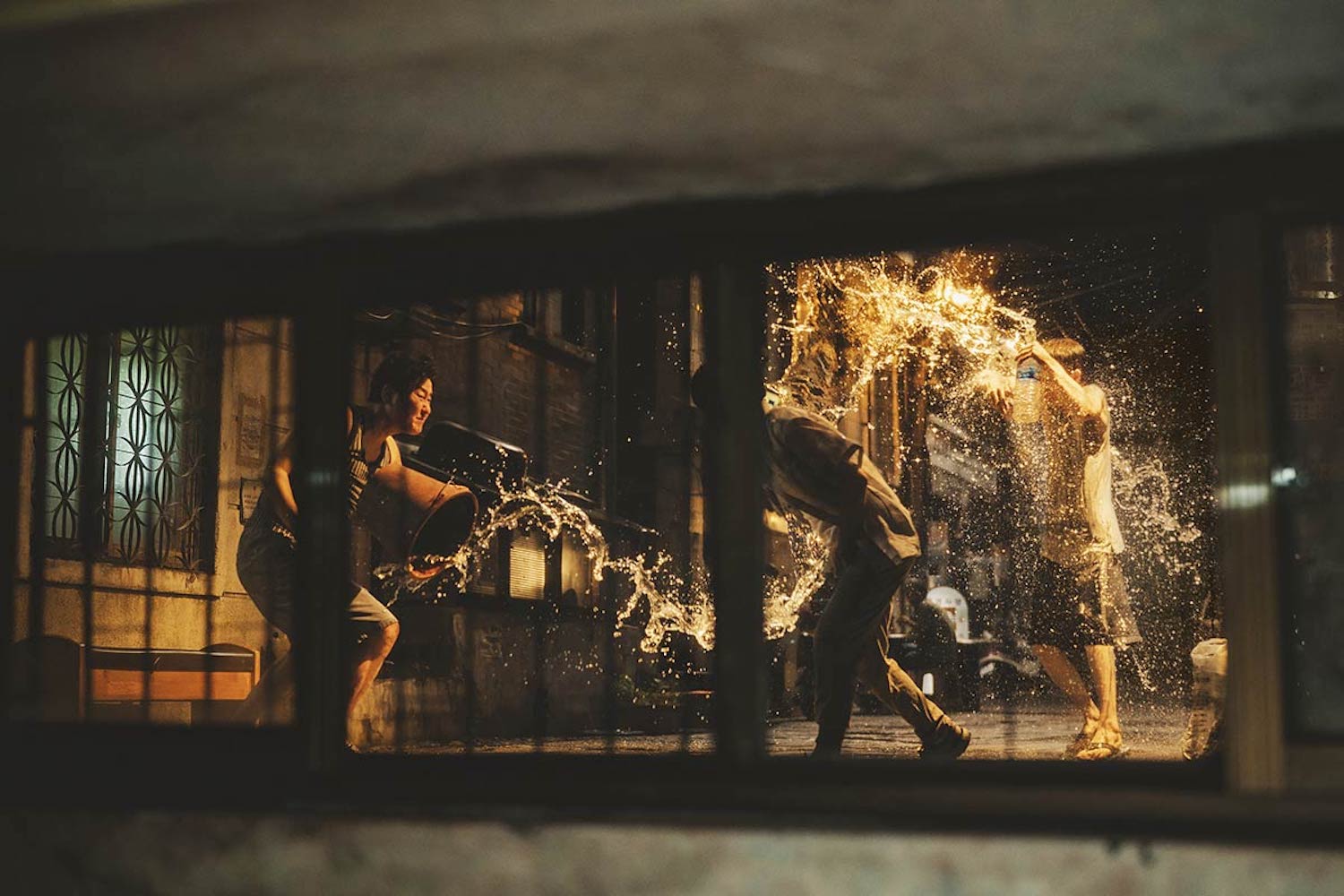After ‘Parasite’, City of Seoul Will Rehab Similar Basement Apartments

Credit to Author: Bettina Makalintal| Date: Tue, 25 Feb 2020 19:27:36 +0000
Parasite's record-setting global success has brought about plenty of unexpected effects—like the fact that everyone and their mom seems to be making jjapaguri, or "ram-don" as it's known in the film. The Spanish company whose chips can be seen in the tense drinking scene reported a 150% rise in sales associated with the movie; and Sky Pizza, the briefly-referenced Seoul pizzeria, has been so popular that it recently ran out of dough. Korean politicians have even floated the idea of building a museum dedicated to director Bong Joon Ho or, at the very least, erecting a Bong Joon Ho statue.
Statue of Bong aside, those influences seem like they'll likely be temporary. But according to a report from the Korea Herald, Parasite could also inspire some larger-scale, longer-lasting social change. Remember the shabby, half-underground apartment where the Kim family lives, with its high risk of electrocution and projectile stream of black sludge from the toilet after it floods? Known as banjiha, those semi-basement apartments are real, and as of 2015, more than 360,000 households lived in them across South Korea, according to a report by the Los Angeles Times.
As the Herald wrote last week, the city government in Seoul has committed to improving the living conditions of 1,500 households living in semi-basement apartments like that of the Kims. In a partnership with the Korea Energy Foundation, the Seoul Metropolitan Government will offer the equivalent of around $2,600 to each household to use for improving heating systems and floors or installing temperature control, ventilation, or fire alarms.
Per the BBC, banjiha apartments were legalized during a housing crisis in the 1980s, and that problem has carried into recent years, with the UN reporting in 2018 that a lack of affordable housing remained a huge barrier for young and lower income people despite the country's otherwise booming economy. Aside from quality issues like vermin, darkness, and dampness, living in banjiha apartments still carries a stigma, too. "There’s also the fear that if you sink any lower, you may go completely underground," Bong said at Parasite's Cannes premiere last year.
While 1,500 homes is only a small fraction of the nation's many banjiha-dwelling households, the Herald also reported that these semi-basement apartments will be prioritized financially in the city's overall efforts to improve old housing.
Making ram-don and buying chips is great, but real social change—especially for people living in the most marginalized circumstances—seems like the best possible result from a movie with so much to say about politics and society.
This article originally appeared on VICE US.